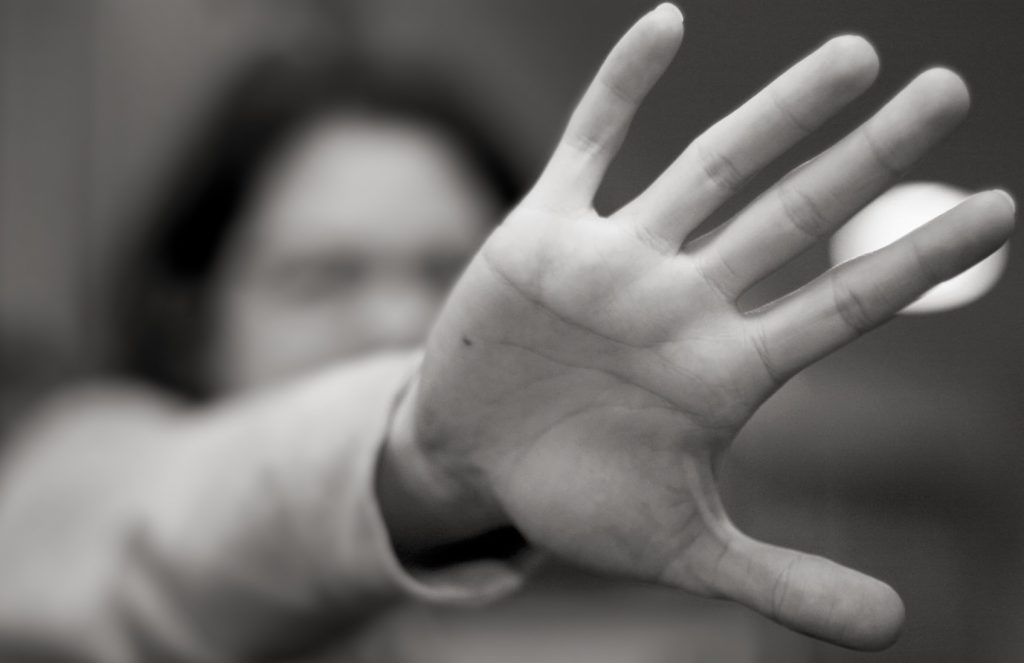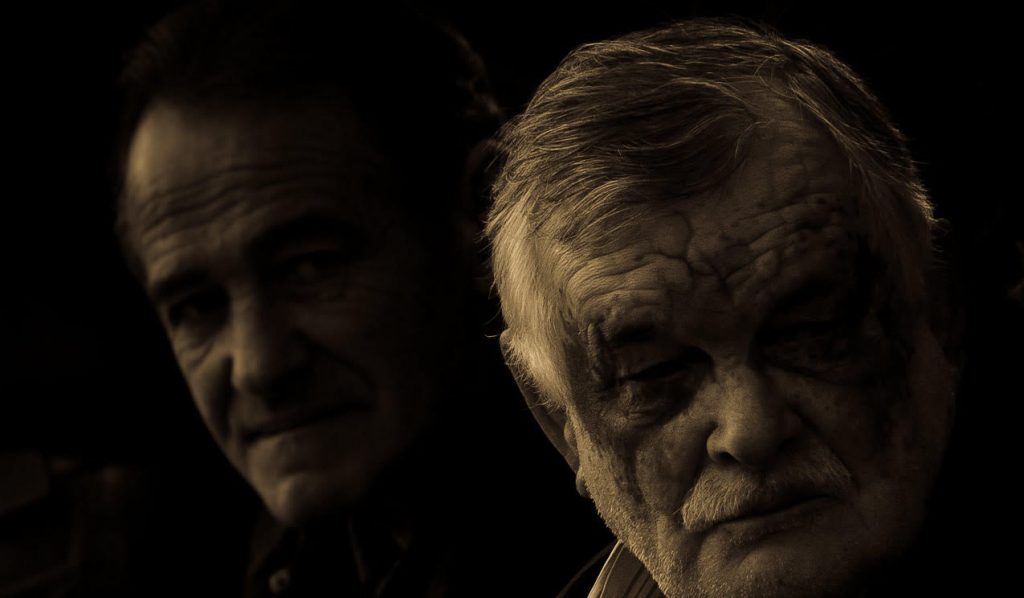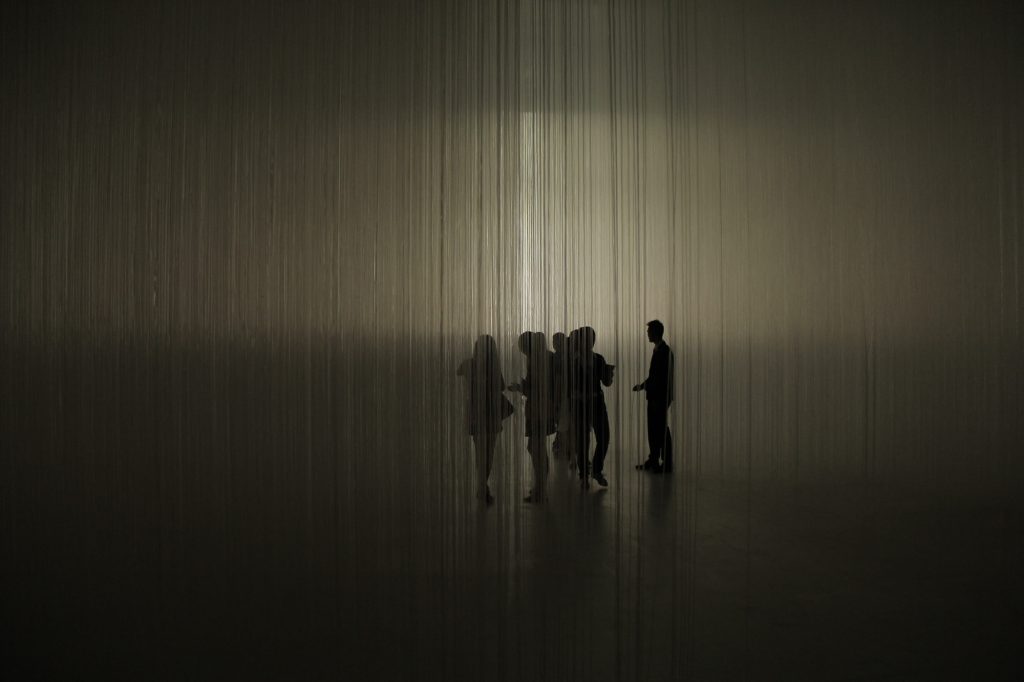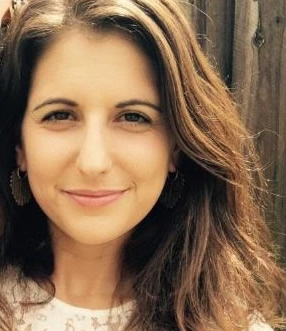Parashat Toldot
Genesis 25:19-28:9
In last week’s Torah portion we saw that Abraham, in the concluding decades of his life, stepped down from his world-significant plane of living to become just another person, living his private life as best he could. The change – freely chosen or imposed by destiny – is not described by the Torah as being stressful or challenging.
In contrast, this week’s portion brings us into a moment of great and painful stress when one of our protagonists, Esau, is forced to cross the bridge leading from one of those two planes of living to the other. Esau has sold his birthright, but he still expects to receive his father’s blessing. However, his brother, Jacob, and his mother engineer it so that Isaac bestows the blessing upon Jacob, instead. Continue reading








